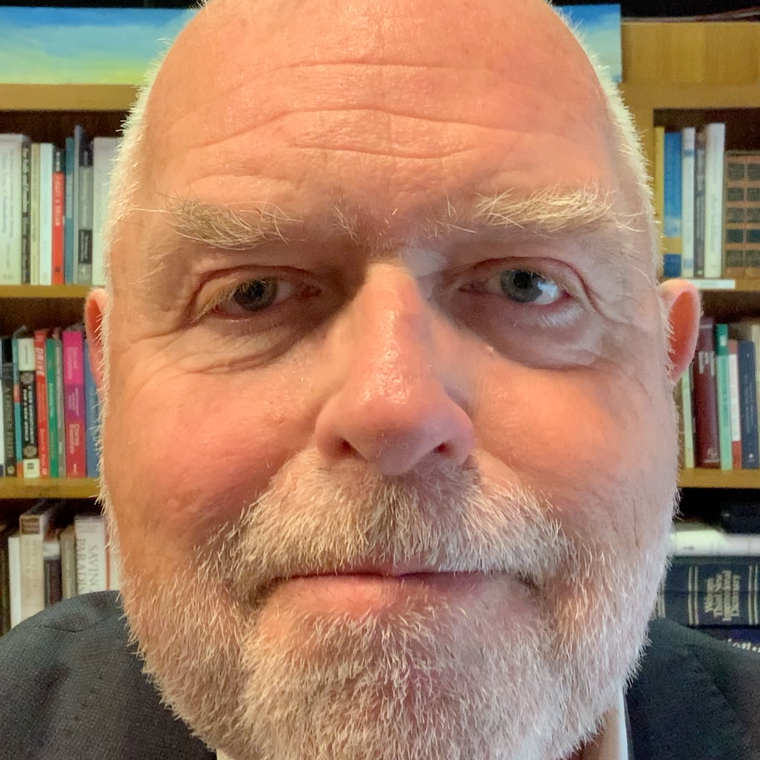
Rev. Dr. John Morehouse, Senior Minister
Why are humans here on this earth?
In the midst of all of our political dysfunction, I have been considering the larger picture of why we are here on this planet at all. Given Earth’s natural tendency to extinguish most forms of life every eon or so, as a species we should be worried. Our meteoric rise in evolution over the last three million years has made us the most successful and dangerous species on the planet. In the last century alone we have learned to fly to the moon, harvest energy, manipulate life and increase our numbers exponentially.
Will our technology save us from a near certain climatic crisis? By the way the world keeps going you would think so. The reality is much more sobering. We are clearly heading towards a warmer, less hospitable, planet, which, despite our best efforts, may very well slough us off as she did the dinosaurs. And if you take the really long view, our star, the sun, will eventually burn out, but not before it overheats and burns up this planet we call home.
Given that fatal ending then, why are we here? Short of us becoming a multi-planet species, I think the answer lies in what we do with the time we have. Long ago, when I pondered these questions I was living in London. I was studying the Pre-Raphaelites, a group of extraordinary romantic poets and artists. I suppose it was a sophomoric fancy but I was quite taken by their embrace of the beautiful as a means to our end in and of itself. Beauty, like wisdom, knowledge and love, for its own sake seemed quite sufficient to exist for.
Couple that beauty with service unto others and I have found some peace with whatever may befall us as a species. This might not satisfy you as a reason to keep living but it is worth your consideration. Of course, none of this will substitute for our all-out effort to save the planet from an early heat death. But in the midst of that work, beauty reminds us what we are living for. I offer you this poem, "In an Artist's Studio," from Christina Rossetti, a woman of exquisite depth and beauty herself:
One face looks out from all his canvases,
One selfsame figure sits or walks or leans:
We found her hidden just behind those screens,
That mirror gave back all her loveliness.
A queen in opal or in ruby dress,
A nameless girl in freshest summer-greens,
A saint, an angel — every canvas means
The same one meaning, neither more or less.
He feeds upon her face by day and night,
And she with true kind eyes looks back on him,
Fair as the moon and joyful as the light:
Not wan with waiting, not with sorrow dim;
Not as she is, but was when hope shone bright;
Not as she is, but as she fills his dream.
Here is to the dream. Keep dreaming my friends.
See you in church,
Rev. John
